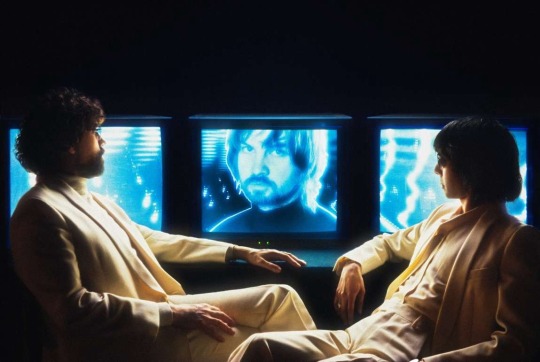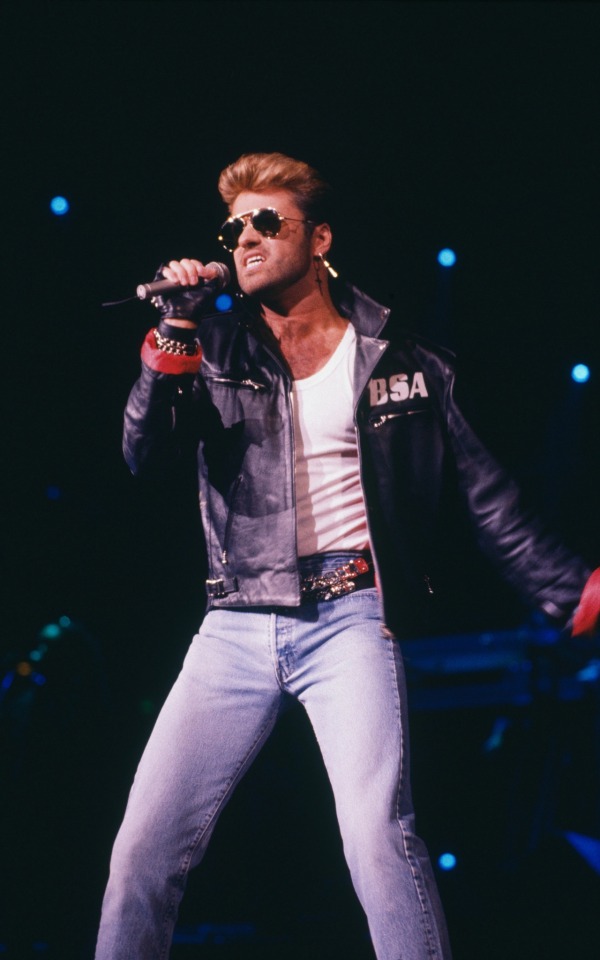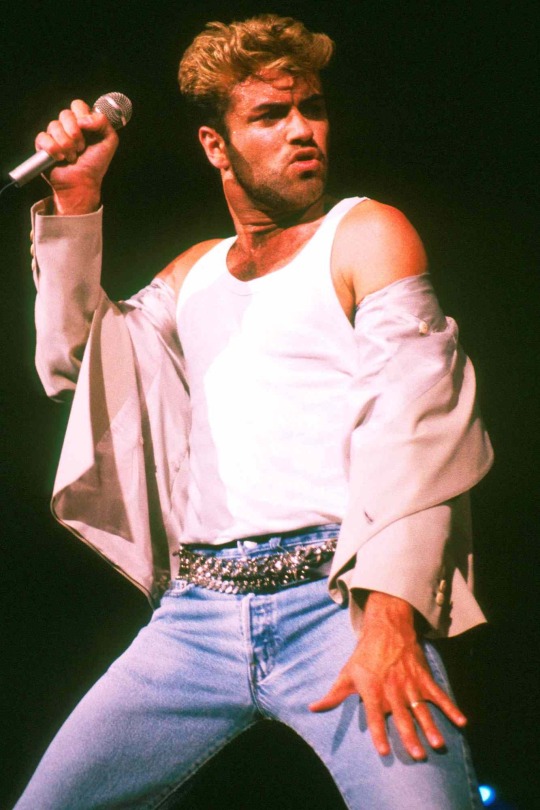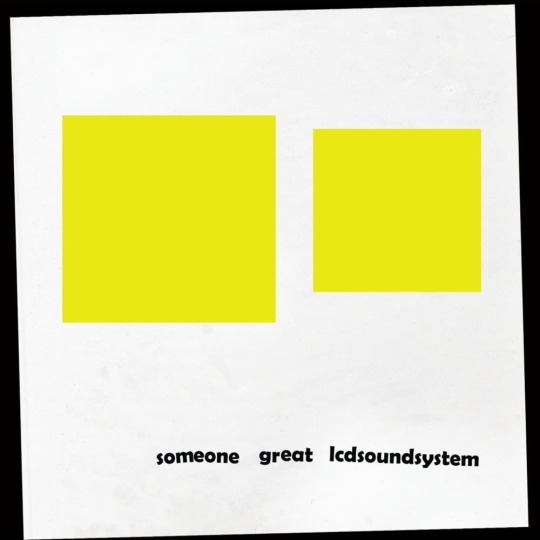Text
Just/Talk: Justin Strauss with James Murphy

For as long as he can remember, James Murphy hasn’t played well with others. At least, that’s how the LCD Soundsystem frontman, artist and producer describes himself, having disassembled and reassembled an illustrious career as searing and complex as each of the stories he tells.
There’s James at 10, teaching himself how to play the drums with a makeshift set of coffee cans. The PA system he stole from his grammar school while in a ninja outfit. The email exchange with David Bowie. And through it all, there’s the steady humming in all he’s done and seeks to do, fiercely, religiously guided by sound.
Here, James chats at-length with legendary DJ and longtime Ace friend Justin Strauss for this edition of Just/Talk about all his friends, his self-taught education in sound, the logics of LCD Soundsystem and why he’s the “best in the world at being me.”
Justin Strauss: Do you remember the first piece of music or record that made you feel like this is something for me, and that this is something I want to do, or a path that you might take?
James Murphy: At the risk of sounding like I’m coming with an easy answer or something self-serving, I don’t remember a time when I didn’t feel that way. It doesn’t mean that I always felt that music would be my job. I think what came first, though, is a very visceral reaction to sound — and music is like the ultimate expression of sound. But sound always, always, always.
JS: From early on when you were a kid?
JM: From baby time, like the sound of humming machines and sounds of voices and sounds of hitting things and hearing them. My son does the same stuff. I have much older brothers and sisters — I am what we like to call a
“Catholic surprise” — my oldest sister is 11 years older than me, my brother 10 years older than me, my other sister is five years older than me. My parents moved. My dad got a job in New Jersey, everyone else was from Massachusetts and New England. They moved there for my dad’s job, and my mother had a sewing room, and she was really excited about it — she was a good seamstress. And then I was born, so I had the sewing room. There’s nothing that tells you you weren’t in the plan more than there was a room that was used for something else — now that’s your room.
JS: Well, at least you had a room.
JM: I think my mother resented me forever for taking her sewing room. But yeah, I had a room.
JS: In New Jersey.
JM: Princeton Junction. I think it’s a town that’s had a very funny arc. When I was born, it wasn’t fully a town. In fact, it wasn’t a town for a long time. It was a train station called Princeton Junction.
JS: Home of the famous Princeton Record Exchange?
JM: The Record Exchange is in Princeton, and the distance between Princeton Junction and Princeton is very, very short. It can be traversed by a thing called the dinky, which is a little Princeton shuttle train. It’s a two car train that runs from the train station that meets with Amtrak and the New Jersey Transit and Princeton, so as to not run train tracks through the beautiful hills and battlefields of Princeton, but to run them through our crappy farm town instead.
Dutch Neck, Grover’s Mill, they were these little towns… they weren’t even towns. Grover’s Mill, New Jersey is where the aliens landed in H.G. Wells’ War of the Worlds, and that wasn’t really a town. Again, there was a mill, by a family named Grover, on a little tiny river in a pond, Grover’s Mill pond. So they built this train station in this nowhere place, which I believe is where the TV show House is set, in my fictitious town.
JS: It’s got a lot of history, this little town from nowhere.
JM: Because the director is from my town, or the creator is from it. But it wasn’t a town, you have the Trenton zip code on one street, then you have a Princeton zip code on another street. They built this school eventually, because what happened was: farmers started to sell their land to developers because it was by the train station, it was the late 60s, early 70s, into the 80s, and this was during the sprawl boom. Sorry, this is a very long answer.
JS: Go ahead, it’s fine.
JM: And they created a school for these new incoming people, an optimistic sort of 70s school. There was a lot of high taxes, but everybody there had kids. You just didn’t move there without kids. The houses were kind of big, they weren’t big by modern standards, but they were big by 1960s, 1970s standards. They weren’t ranches. They had an upstairs. And a lot of the families didn’t have a lot of money, but had a few kids. So, you couldn’t live in Princeton — you couldn’t afford that — and you wanted to live in a neighborhood… not just farm houses. So, that’s what everybody did. Everyone in my neighborhood was from somewhere else. A lot of the things that I didn’t understand about American suburbia, I learned from watching television and movies later.
Keep reading
41 notes
·
View notes
Text
0 notes
Text
0 notes
Text
0 notes
Text
0 notes
Text
0 notes
Text
0 notes





